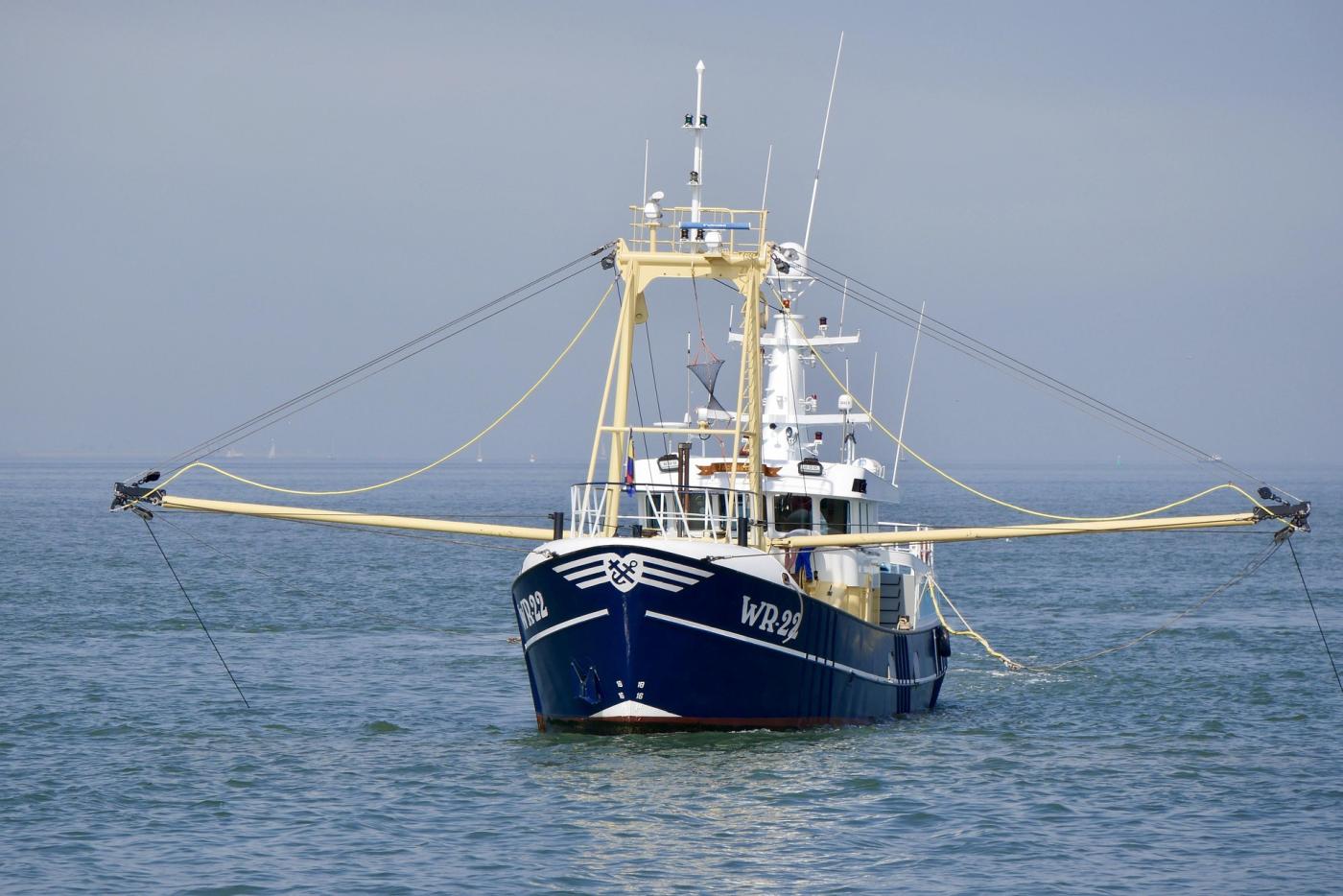Salary transparency in the maritime industry? Upcoming changes that will shake up the job market
By June 2026, Poland must implement regulations on salary transparency and equality, as required by the European Union directive. This includes the obligation to disclose salary ranges in job postings. Currently, only about 30% of job ads in Poland include such information, despite the fact that nearly 93% of candidates find it important. The new regulations may have a significant impact on the maritime industry, where salaries are often shrouded in secrecy. Employers fear increased costs related to wage equalization and potential employee turnover, but experts emphasize that transparency can benefit both companies and employees.
business work at mare news12 february 2025 | 11:09 | Source: Gazeta Morska | Prepared by: Kamil Kusier | Print

fot. Pixabay
"Clear salaries" bill under debate in parliament
The parliamentary bill "Clear Salaries," now under discussion in the Sejm, aims to require employers to publish salary ranges in job advertisements. At the same time, the Ministry of Family, Labor, and Social Policy is preparing its own version of salary transparency and equality regulations. The introduction of these rules could disrupt the job market, particularly in industries where pay discrepancies are significant and often unjustified.
- It is encouraging that this issue is finally being addressed. Poland needs both a new recruitment standard with disclosed salaries and effective monitoring of gender pay equality, says Paulina Król, Chief People & Operations Officer at No Fluff Jobs.
Maritime industry under scrutiny
The maritime sector has long struggled with a lack of wage transparency. Salaries for seafarers, shipyard workers, and offshore employees often depend on contracts, experience, and intermediaries, making it difficult to compare wages. The requirement to disclose salary ranges could improve the situation and reduce pay gaps in this sector.
- Many maritime industry workers have had no real insight into standard wages in their profession for years. Making salaries public in job listings could facilitate negotiations and level the playing field, notes a labor market expert in the offshore sector.
Not everyone is enthusiastic about these changes. In the maritime industry, where recruitment often takes place through agencies and intermediaries, the new regulations could force greater transparency. Some fear that salary disclosure will lead to pressure for wage equalization, increasing costs for companies.
Companies must prepare
Regardless of which version of the legislation is ultimately passed, the need to organize salary policies is becoming inevitable. Employers should begin developing internal salary structures, defining employee groups performing the same work, and establishing clear criteria for raises and promotions as soon as possible.
- Providing salary ranges in job postings saves time for both parties. A candidate who is not interested in the proposed salary will not apply, avoiding disappointment. Recruiters, in turn, will review applications only from those who find the salary range acceptable, emphasizes Paulina Król.
The increase in applications per position is another argument in favor of transparency. According to No Fluff Jobs data, some junior IT positions receive over 100 applicants. A similar trend is emerging in the maritime industry, where attractive salaries attract many candidates. Salary transparency could significantly streamline the selection process and help recruiters attract better-matched applicants.
Salary transparency is the future
The proposed salary transparency laws aim to ensure fairness and eliminate employers' informational advantage over employees. In the maritime industry, wage transparency could benefit both workers and companies by removing blind negotiations and increasing trust in employers. Although the new regulations raise concerns, their long-term benefits could prove invaluable for the entire job market.
We are on Google News! Join us and follow Gazeta Morska. Get daily updates straight from the sea. Follow us at gazetamorska.pl!
Kamil Kusier
redaktor naczelny
comments
Add the first comment
see also
Russian escort and U.S. oil chase: a new front in the North Atlantic. Implications for shipping and energy markets
The technical backbone of Poland’s maritime economy: from port fuel tanks to comprehensive support
ORLEN Petrobaltic: offshore expertise strengthening Poland’s energy security
Changing course of tankers: geopolitics, sanctions and a new map of crude oil trade
Keel laid for Poland’s FSRU Terminal: a floating pillar of energy security takes shape
Baltic Sea on the job. How Baltica 2 will transform the job market in Pomerania
ORLEN boosts domestic gas output with launch of the Różańsko field
Ekofisk investments strengthen ORLEN’s position on the Norwegian Continental Shelf
ORLEN and WB Group strengthen cooperation to enhance the security of critical infrastructure in the Baltic region
PGE and Ørsted*Enprom for commissioning of Baltica 2 onshore substation
ADVERTISEMENT
ADVERTISEMENT